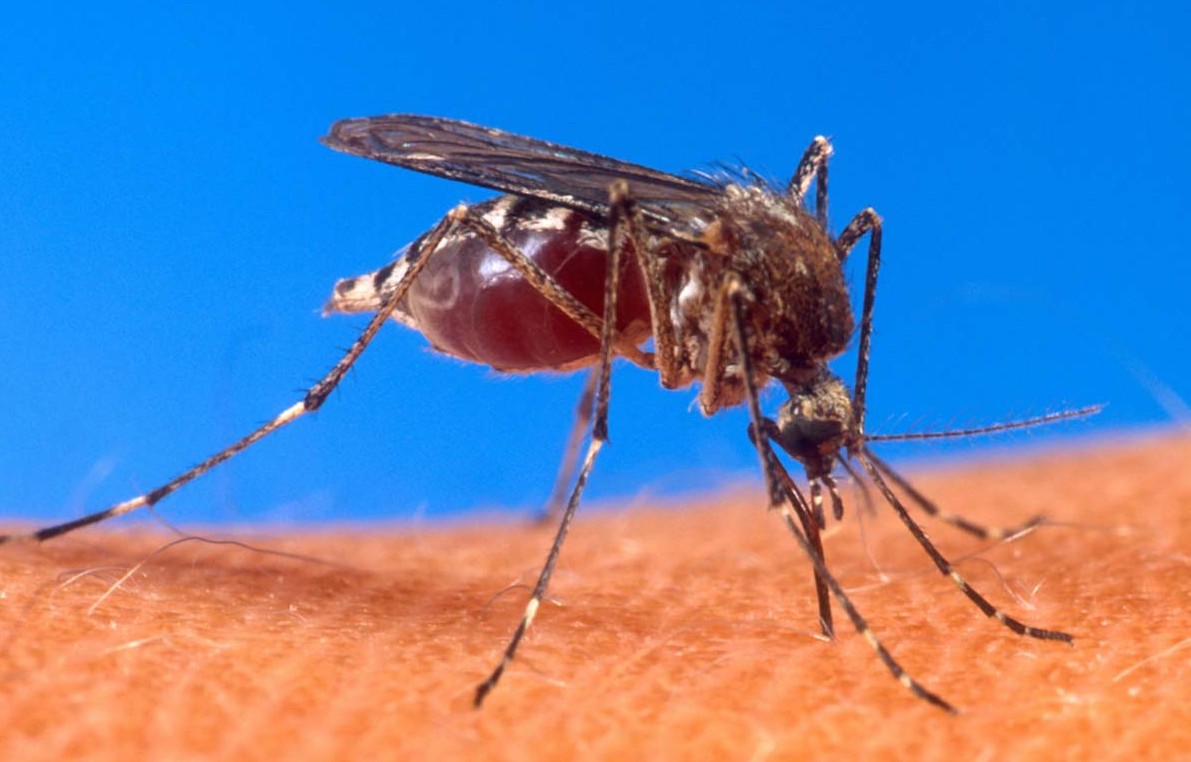Leptospirosis Case Sparks Health Alert in Cochabamba Tropics: A U.S. Perspective
By Archyde News Team | Published: October 26, 2023
A confirmed case of leptospirosis in Shinahota, cochabamba, has triggered a public health advisory, urging residents to take precautions against the rodent-borne disease.What does this mean for similar environments in the U.S.?
Leptospirosis Confirmed in Bolivian Tropics
A 38-year-old resident of Shinahota, located in the tropical region of Cochabamba, Bolivia, has been diagnosed with leptospirosis, prompting a health alert from the departmental Health Service (headquarters). The case, reported during epidemiological week 15 (April 6-12), highlights the ongoing risk of this infectious disease in tropical environments. Initial symptoms mimicked dengue fever, showcasing the diagnostic challenges and the importance of laboratory confirmation.
Rubén Castillo, head of epidemiology, explained the patient initially presented with “a picture, initially, with febrile syndrome plus intense headache, accompanied by general discomfort, which has been classified as suspicion of dengue, which has been discarded by laboratory; and this last week, we have received confirmation from cenetrop (National Centre for Tropical Diseases) of the case of leptospirosis.”
What is Leptospirosis and Why Should You Care?
Leptospirosis is a bacterial disease that affects humans and animals. It is caused by bacteria of the genus Leptospira. Humans can become infected through contact with the urine of infected animals, or with water or soil contaminated by their urine. While often associated with developing countries, leptospirosis is also present in the United States, posing a risk to farmers, outdoor enthusiasts, and urban populations alike.
Castillo emphasized that leptospirosis is “not contagious, but infectious, and that it is indeed transmitted by intake, by direct contact with the fecal or urine matter of rodents.” This is a critical distinction, as it means the disease doesn’t spread from person to person.
Symptoms can range from mild, such as fever, headache, and muscle aches, to severe, including kidney damage, liver failure, and even death. Early diagnosis and treatment with antibiotics are crucial for preventing serious complications.
Prevention is Key: Lessons for the U.S.
The Bolivian health authorities are urging residents to boil drinking water and exercise caution with food that may have been contaminated by rodents.This advice holds relevance for communities in the U.S., particularly those in areas with high rodent populations or frequent flooding. “He recommended boiled water consumption, and added that the disease can be transmitted by urine contaminated foods or transmitting rodents,” Castillo stated.
Here are some practical tips to prevent leptospirosis, tailored for a U.S. audience:
- Control rodents: Implement effective pest control measures in and around your home and workplace. Seal cracks and holes in buildings, and store food in rodent-proof containers.
- Water Safety: Avoid swimming or wading in potentially contaminated water, such as rivers or lakes after heavy rainfall. If you must, wear protective clothing like boots and gloves.
- Hygiene: Wash your hands thoroughly with soap and water after any potential exposure to contaminated water or soil.
- Protective Gear: Individuals working in high-risk occupations, such as farmers, sewer workers, and veterinarians, should wear appropriate protective gear, including gloves and boots.
The authority emphasized that prompt notification allows for effective treatment: “Also remember that this disease, being notified in a timely manner, has a treatment.”
Complications and Current Status of the Patient
Leptospirosis can lead to serious complications, including “wells syndrome (skin disease), encephalopathy (which affects the brain) and there may be hepatic failure, among others,” according to Castillo. While the reported case is currently in a “period of remission of symptoms,” with the patient still experiencing headaches, it underscores the potential severity of the disease.
Authorities in Shinahota have taken steps to address the situation, including deratization efforts in the affected area. “We are alert to any similar picture,” Castillo added, highlighting the ongoing vigilance required to manage and prevent further cases.
Expert Analysis: Leptospirosis in a Global Context
While the case in Cochabamba is localized, it serves as a reminder of the global nature of infectious diseases and the importance of public health preparedness. Factors such as climate change, urbanization, and international travel can all contribute to the spread of leptospirosis and other zoonotic diseases.Public health initiatives focused on disease surveillance, education, and prevention are crucial for protecting communities both in the U.S. and abroad.
The head of Epidemiology stressed vigilance with contaminated water: “Many times, the person is in rivers, puddles; many times they drink the water of those sites, where the rats also contaminate the places or the foods that can contain stool or urine of the rodent.”
FAQ: Leptospirosis in the U.S.
- Is leptospirosis common in the U.S.?
- No,but cases occur,particularly in Hawaii,and among those who work outdoors or participate in water sports.
- How do I get leptospirosis?
- Through contact with infected animal urine or contaminated water/soil.
- What are the symptoms?
- Fever, headache, muscle aches, vomiting, and jaundice are common.
- How is it treated?
- with antibiotics, usually doxycycline or penicillin.
- Can I prevent it?
- Yes, by avoiding contact with potentially contaminated water and controlling rodents.








